

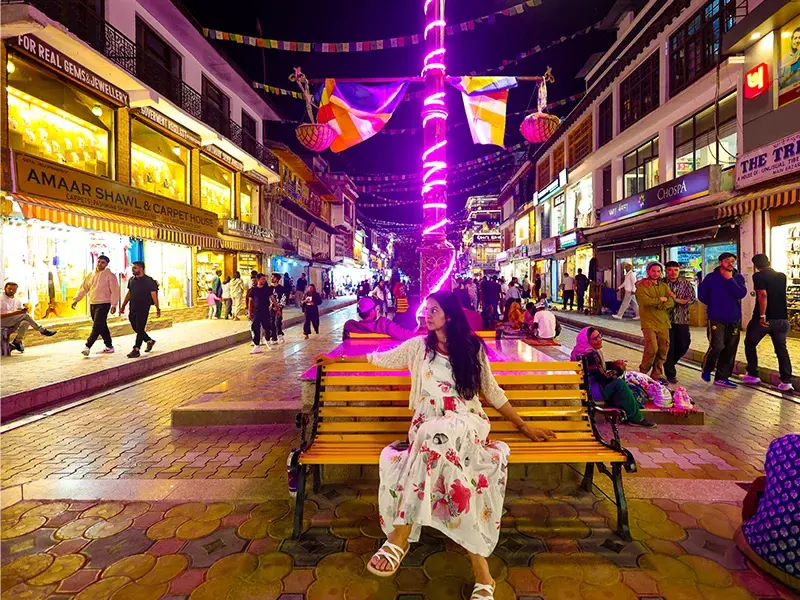
Leh Mall Road is more than just a commercial strip — it’s a slice of Ladakh’s living history. Historically, this street lay on the ancient Silk Route where merchants from Tibet, Kashmir, and Central Asia would trade pashmina, spices, and turquoise. Over time, it evolved into a hub of social and economic life in the capital of Ladakh.
Once lined with caravanserais (resting places for traders), Leh Mall Road gradually developed into a market of small stalls, Tibetan-run shops, and Ladakhi handicraf ...

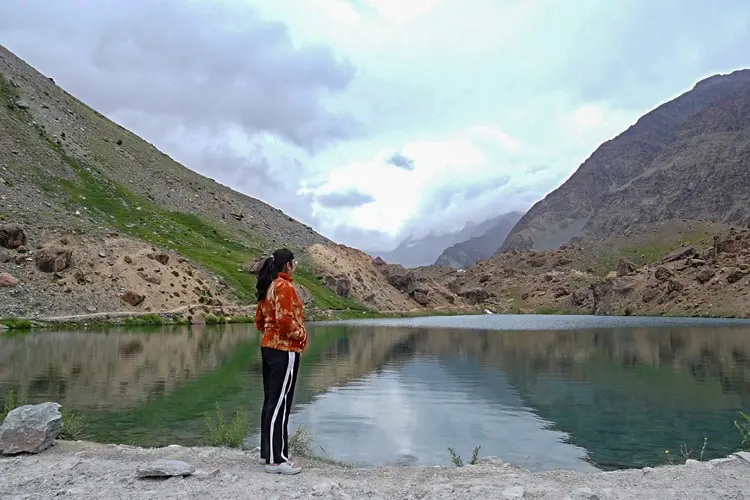
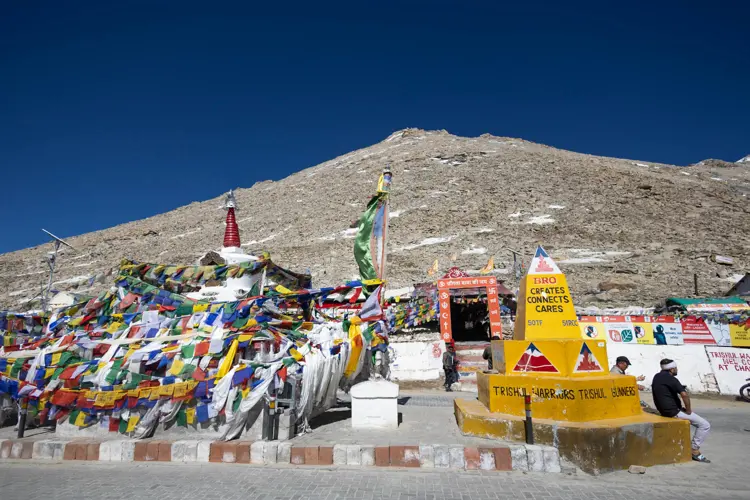
 1.jpg)
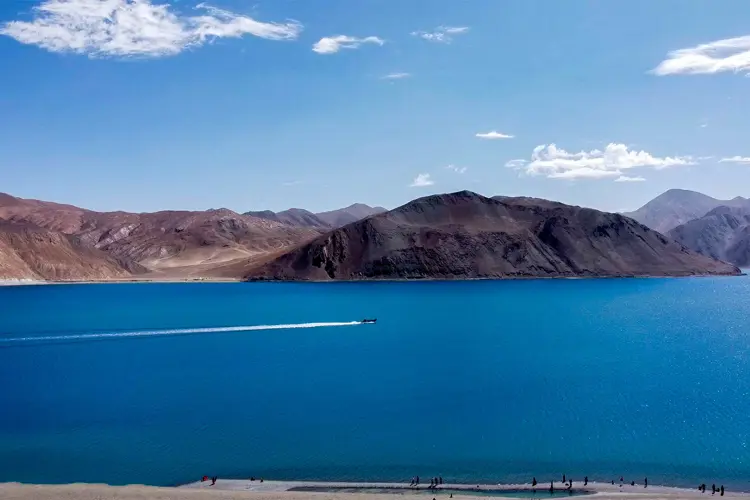
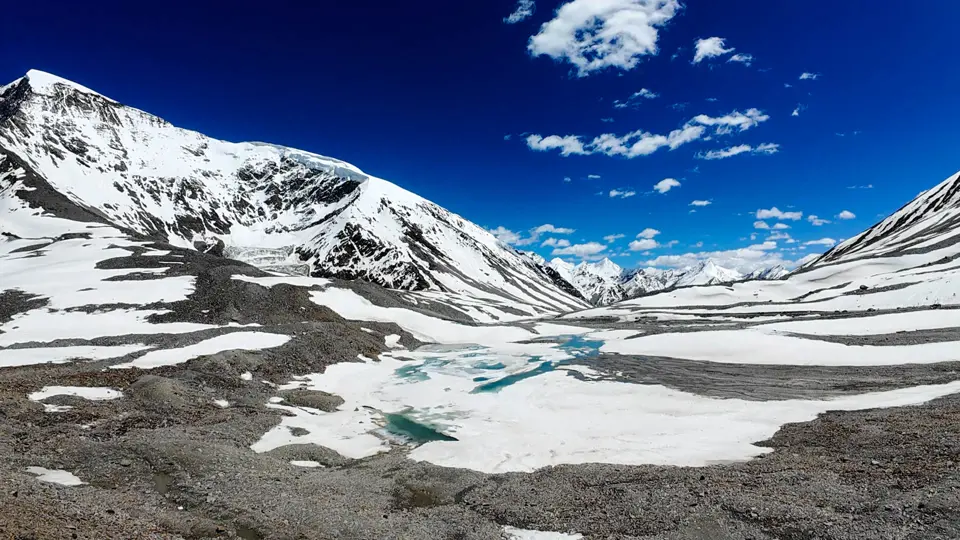
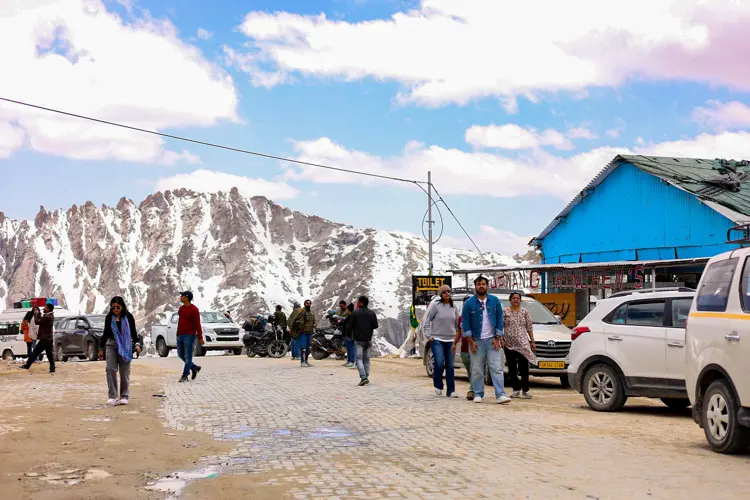
 4.jpg)

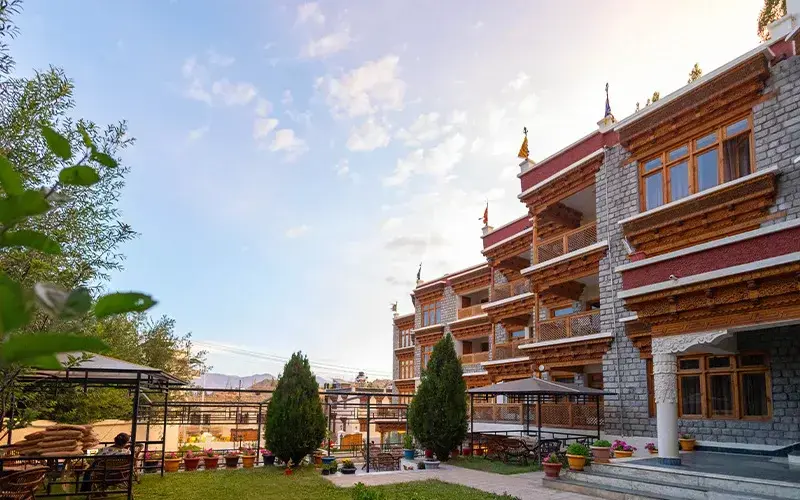
Hotels In Leh Ladakh
Experience peaceful stays amid mountains, lakes, and clear skies.
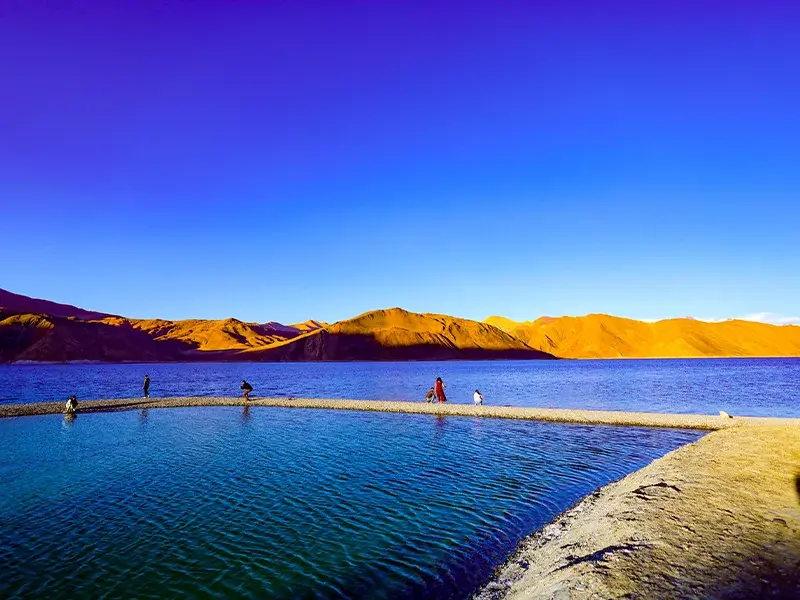
Packages Of Leh Ladakh
Experience Ladakh’s mountains, lakes and culture with our curated packages.
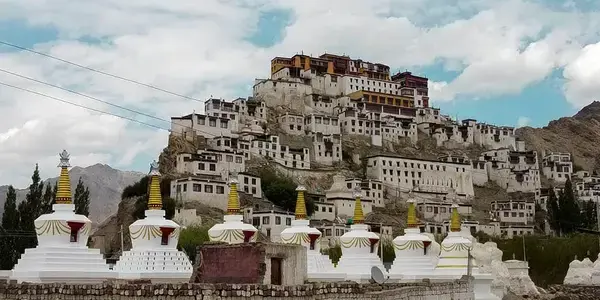
Places To Visit In Leh Ladakh
Best Places to Visit in Leh Ladakh for an Unforgettable Trip
.webp)
Blogs Leh Ladakh
High-altitude adventures and serene Tibetan-style landscapes
.webp)
Images Of Leh Ladakh
Explore Ladakh’s raw beauty through real and scenic images.
Hotels In Leh Ladakh
Packages Of Leh Ladakh
Places To Visit In Leh Ladakh
Blogs Leh Ladakh
Images Of Leh Ladakh
🕐 Shops are usually open from 10 AM to 9 PM
🛍️ Must-buys: Pashmina shawls, Tibetan jewelry, prayer wheels
🎒 Carry cash; not all shops accept cards
📷 Excellent street photography during golden hour
🧘 Spiritual items like incense, malas, and bowls are authentic here
🚻 Public toilets available in walking zones
🚫 Street closes partially during festivals — ask locals beforehand
🧵 Tailors available for quick adjustments to cold-weather clothes
📚 Look out for travel bookshops and Buddhist storybooks
🧤 Layered clothing is essential: warm jacket, thermal, and windproof outer
🧣 Carry woolen caps, gloves, socks even in summer
🧦 Avoid wearing shorts or tank tops – locals dress modestly
👟 Use comfortable walking shoes or ankle boots
🕶️ Carry sunglasses – sunlight reflects harshly at this altitude
☔ Light rain jacket in July–August during monsoon drizzles
🫁 Leh sits at 11,500 ft – mild altitude sickness is common
💧 Stay hydrated; drink water every 20 minutes
😴 Rest for the first 24 hours after arrival (especially from plains)
🧪 Carry Diamox or consult a doctor for AMS
👶 Not ideal for infants or people with severe respiratory issues
☕ Avoid heavy meals & alcohol on Day 1
🏥 Medical shops available on Mall Road, Leh District Hospital is nearby
💊 Keep basic meds: motion sickness tabs, ORS, paracetamol, sunscreen
🥟 Tibetan Momos – chicken, yak, or veggie
🍜 Thukpa – must-try noodle soup
🫓 Tingmo Bread with Spicy Curry
☕ Butter Tea & Ginger Lemon Honey Tea
🍯 Apricot jam, Ladakhi cookies, and herbal teas
🍛 Combo thalis with Ladakhi dumplings & soup
🧁 German Bakery cakes, pies, apple strudel
🧉 Fresh juice and Himalayan smoothies in rooftop cafés
🧵 Shop for handmade souvenirs & textiles
☕ Enjoy chai or coffee in cozy boho cafés
🧘 Try out singing bowls or incense burners
🎁 Pick up gift items for family – from jewelry to shawls
📸 Do a sunset photo walk across the colorful streets
🎨 Visit a bookstore or art gallery
🪶 Listen to live flute or prayer chants in evenings
🥾 Buy or rent trekking gear if heading to Nubra, Pangong, etc.
🎒 Browse through travel agencies for next-day plans
🏯 Leh Palace – above Mall Road
🕊️ Shanti Stupa – panoramic views, 10 mins away
🪖 Hall of Fame – war museum, 20 mins away
🌊 Sangam Point Leh – rivers meet, 45 mins drive
🛕 Namgyal Tsemo Monastery – great for sunrise shots
🛫 Leh Airport – 15 minutes drive
May to October – shops are open, weather is pleasant
Leh Mall Road is more than just a commercial strip — it’s a slice of Ladakh’s living history. Historically, this street lay on the ancient Silk Route where merchants from Tibet, Kashmir, and Central Asia would trade pashmina, spices, and turquoise. Over time, it evolved into a hub of social and economic life in the capital of Ladakh.
Once lined with caravanserais (resting places for traders), Leh Mall Road gradually developed into a market of small stalls, Tibetan-run shops, and Ladakhi handicraft outlets. The Leh Main Bazaar area, part of the road, became central to the town's rhythm — from prayer chants in the morning to bustling tourist trade by afternoon.
Today, while the architecture has modernized, the street still retains its soul. You’ll see monasteries, prayer flags fluttering above shop signs, and locals selling dried apricots and traditional garments. Tourists, mountaineers, monks, and locals all walk the same road — a melting pot of cultures.
Renovated under the Leh Smart City initiative, the area now has better walkways, wooden benches, restored façades, and night lighting — making it both charming and tourist-friendly. In essence, Leh Mall Road is where Ladakh meets the world.
🧳 Part of the Silk Route trade pathway
🛍️ Best place to buy pashmina, prayer wheels, yak wool products
🕯️ Numerous Tibetan Refugee Co-op Shops selling handmade goods
🏯 Close to Leh Palace, visible from the road
🛕 Has a small Tibetan-style Buddhist temple at one end
🍧 Traditional Ladakhi street snacks sold from carts
🎨 Home to multiple art galleries and bookshops
🧵 Local tailors stitch Ladakhi dresses and jackets on-site
☕ Filled with Ladakhi, Israeli, Italian cafés and bakeries
🛋️ Recently revamped with benches, street lamps, and murals
🧤 The Woman with the Apricots
There’s an old Ladakhi woman who’s been selling dried apricots on the same spot for over 20 years. Every tourist who visits her stall hears a folk story or a Ladakhi proverb before buying. One traveler wrote, “She didn’t sell fruit. She sold poetry with a smile.”
☕ The Café That Launched a Dream
A young Ladakhi started a small coffee stall on Mall Road with a borrowed kettle and second-hand cups. Today, that stall is one of the most loved cafés in Leh. He calls it “The Blend,” where every cup comes with a story. Locals say it’s not the coffee, but the warmth that brings people back.
The Himalayan Mountains are a majestic mountain range in South Asia, spanning five countries. They boast the world's highest peaks, including Mount Everest. These young, growing mountains feature rugged, snow-capped peaks, deep valleys, and glaciers. The Himalayas influence regional climate, harbor unique biodiversity, and hold cultural and spiritual significance. They attract adventurers, nature lovers, and spiritual seekers from around the world.